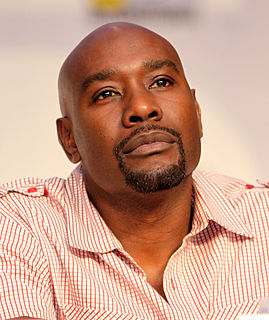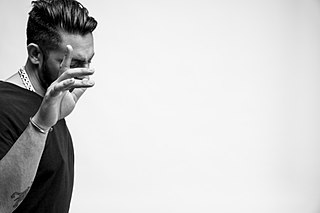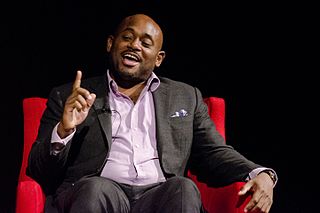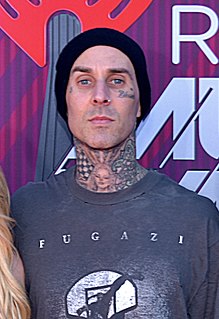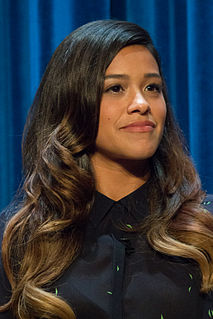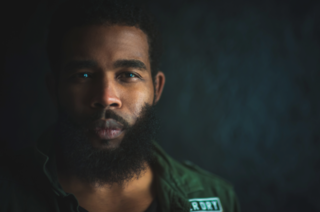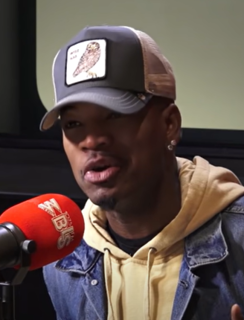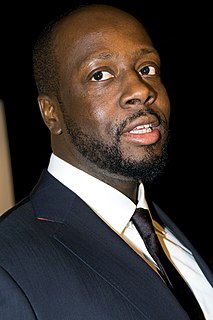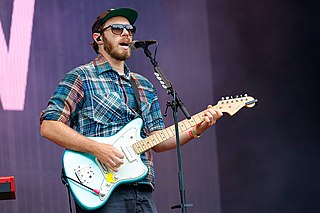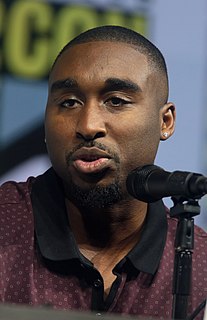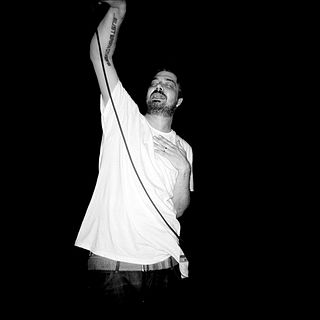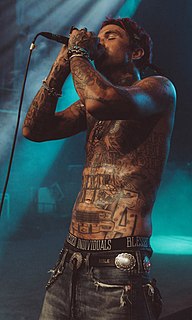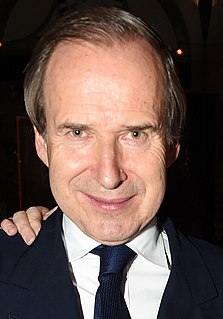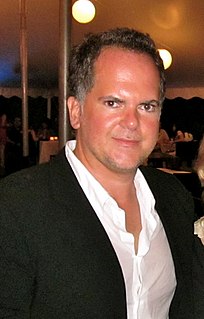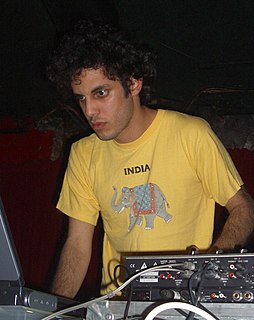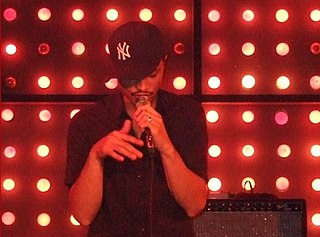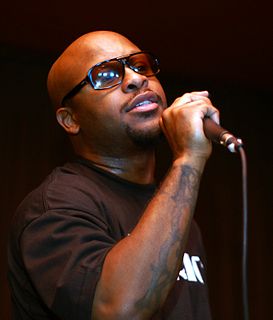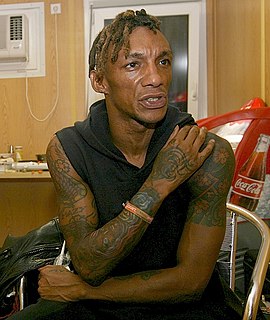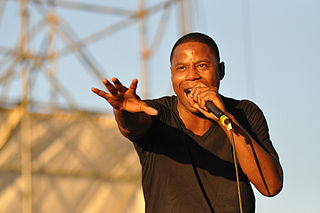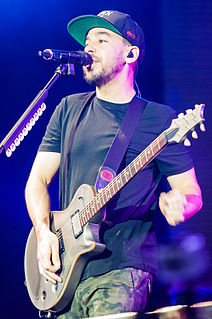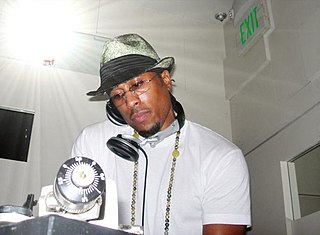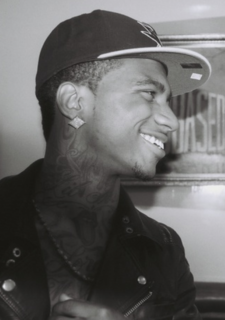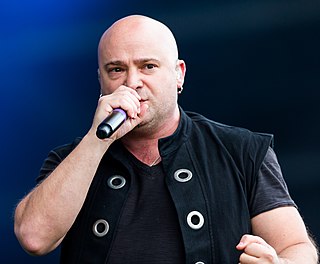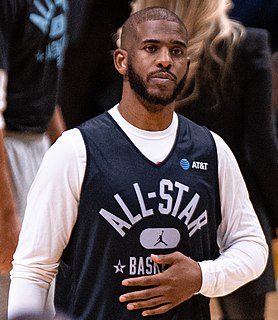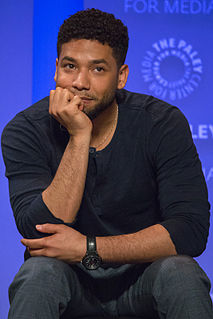Top 1200 Hip-Hop Quotes & Sayings - Page 4
Explore popular Hip-Hop quotes.
Last updated on April 21, 2025.
You have a lot of educating to do hip-hop wise in Europe. When you tour, when you go out there, most of the people that come see you at the venue listen to a lot of different kinds of music, not only hip-hop; they're not heads. From time to time you're going to do a little concert in front of three or four hundred people that are only hip-hop heads and they're going to understand and know all about the gimmicks and the swagger but the rest of the people are just regular European people that listen to pop [or] rock & roll.
With rock music, it usually revolves around the band. You go in as a band and probably take about a year to record an album. But for a hip-hop song, you can create a track and an idea with verses and choruses in a day, and get three different people on it. It seems like you're able to do more with hip-hop.
There are different kinds of R&B happening today. There's the traditional, more soulful R&B that doesn't get the recognition that it deserves. Then there's the more hip-hop oriented stuff. You got your boy Ty Dolla $ign, people like that, who are bringing more hip-hop elements to R&B, which is cool.
This is more in regards to celebrities. What we've got to understand is that we are the influencers of the hip-hop culture, the black culture. We are the way out, you feel what I'm sayin'? As far as who we look to and where we get stuff from - hip-hop culture is influencing the world, really, but especially the black communities.
I would like to encourage hip hop artists to invite those of us who are in the queer spaces in, so we can have those conversations. I love hip hop. If you bring me in the studio, I know how to act. And we can talk about what's not cool because, clearly, there's still homophobia that penetrates in all these areas.
We have this really retro vibe and style of songwriting and, personally, I wasn't embracing the current state of music until I fell in love with hip-hop. It felt good to suddenly embrace where music was headed, and I think hip-hop is the best at that, because it feels so progressive and everybody wants to be the best.
To be honest, that whole exchange with Crunk Feminist actually made me write the song because I realize there's a lot of young women out there so hurt by the misogynistic images in hip-hop they paint it with such a broad brush stroke that they think anybody that defends hip-hop is defending misogyny.

